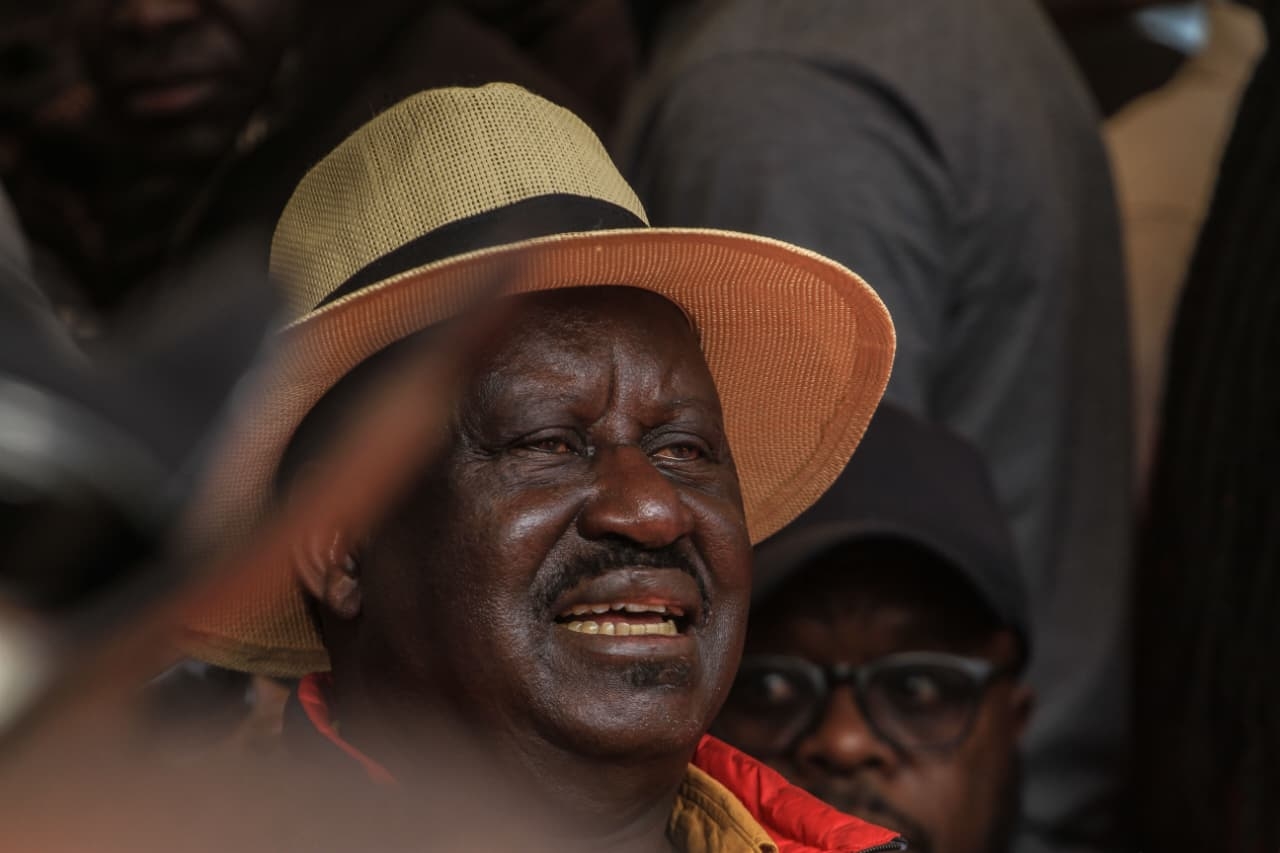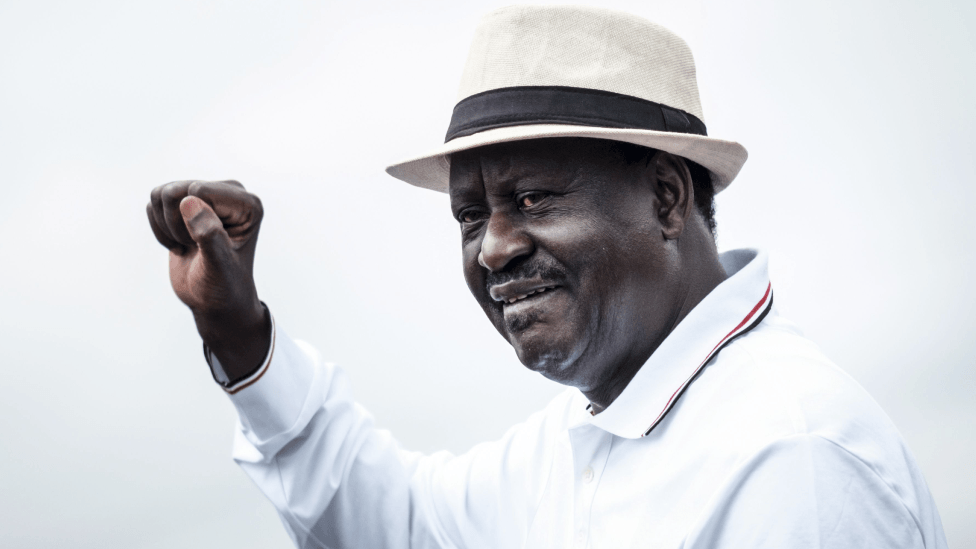Conversations and interventions for women with substance use disorders, and women seeking treatment for substance use disorders have increased over the years.
Despite these tremendous achievements, misconceptions continue to shape our perceptions and normalisation surrounding substance use/abuse amongst pregnant women.
According to the 2023 World Drug Report, cannabis (bhang) continues to be the most used drug, with an estimated 219 million users in the world population. Further, the World Health Organization reports that cannabis is by far the most widely cultivated, trafficked and abused illicit drug.
Specifically, on women, ‘the acute effects of cannabis use have been recognised for many years from impairing cognitive development, coordination, exacerbating schizophrenia in affected individuals, development of cannabis dependency syndrome (cannabis use disorders), and impairment in foetal development leading to a reduction in birth weight and is part of a cluster of risk factors related to adverse birth outcomes.’
Additionally, cannabis legalisation across the world has reduced stigma and usage is rising in the general population, including pregnant women. But just because using cannabis is more socially or even legally acceptable does not mean it is safe for your unborn child.
Doctors and health practitioners confirm that there is no safe type and level of alcohol and drug use for pregnant women. Their advice is clear, “If you are planning to get pregnant, are pregnant and breastfeeding stay away from alcohol and drugs that may harm you and your baby.”
However various myths and misconceptions continue to persist. Without delving much into myths such as cannabis is used to treat morning sickness and edibles are safer than smoking cannabis, let us agree on some facts.
First, there are safe medical and non-medical treatments during pregnancy to treat morning sickness and any other health condition that may arise. Studies suggest that if you are using cannabis during pregnancy, it can pass through the placenta affecting the foetus’s development and leading to premature birth, making edibles not safer than smoking.
Second, foetal growth restriction and low birth weight are a possibility as well as anencephaly (birth defects in the neural tube that become the brain and spine of the baby), anaemia and stillbirths.
Third, did you know that even after the baby is born, he/she can develop withdrawal problems? Yes, withdrawal symptoms such as tremors, seizures, vomiting and persistent crying can occur and the baby may need to spend time in the neonatal intensive care unit.
Fourth, cannabis use during breastfeeding is not safe. The mother may pass tetrahydrocannabinol, which affects how the brain works and other chemicals to the baby through breast milk escalating brain development issues.
The question of babies born healthy by mothers using cannabis lingers. Yes, it is true that some women may use cannabis during pregnancy and have babies who seem healthy. Every pregnancy is different and cannabis use may hurt one baby more than the other. Some women may use cannabis sparingly during pregnancy and have babies with serious health conditions.
In conclusion, using cannabis during pregnancy is not worth the risk for you and your baby. Ignite life. Extinguish the smoke.
Substance use prevention advocate












